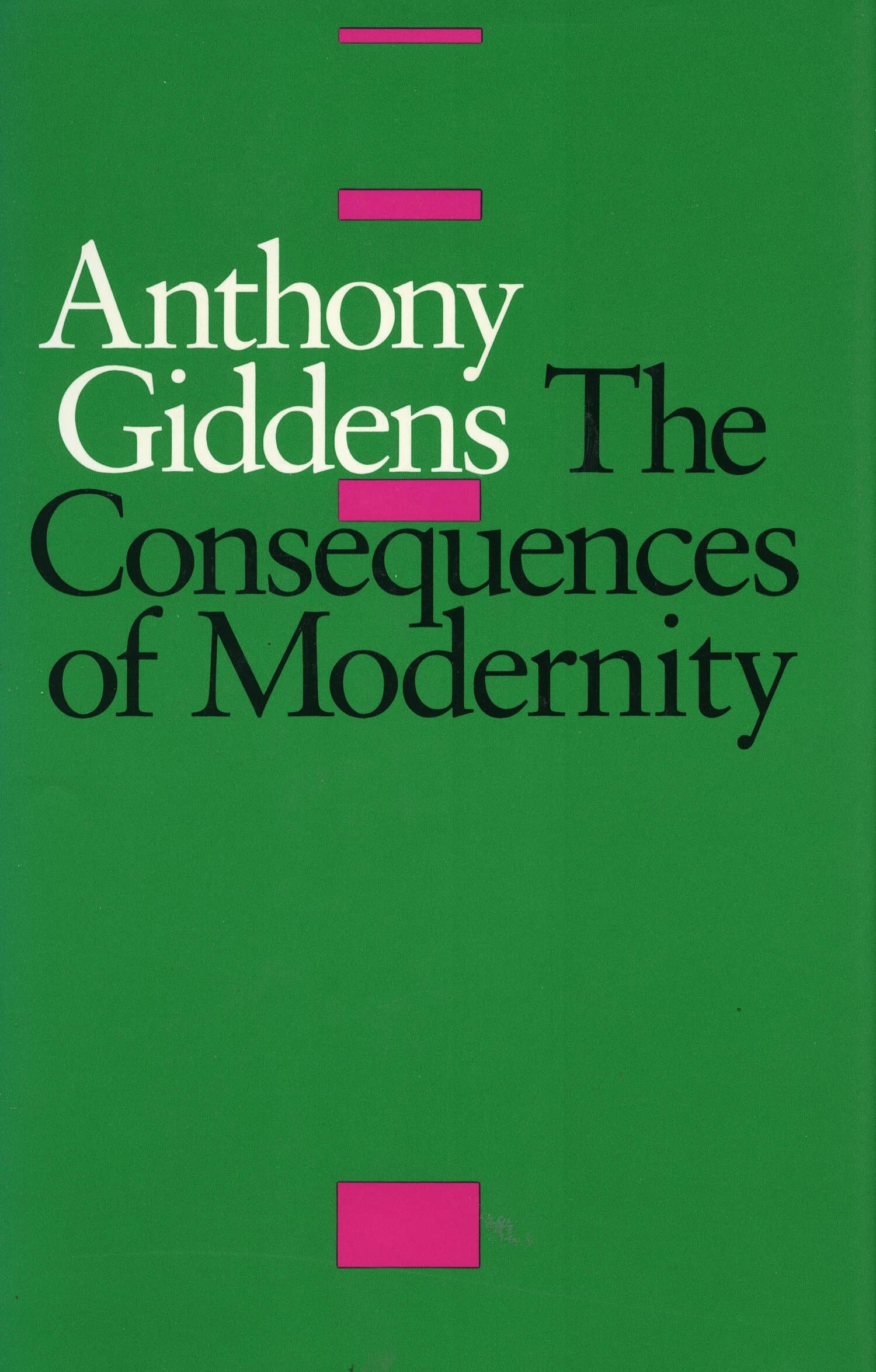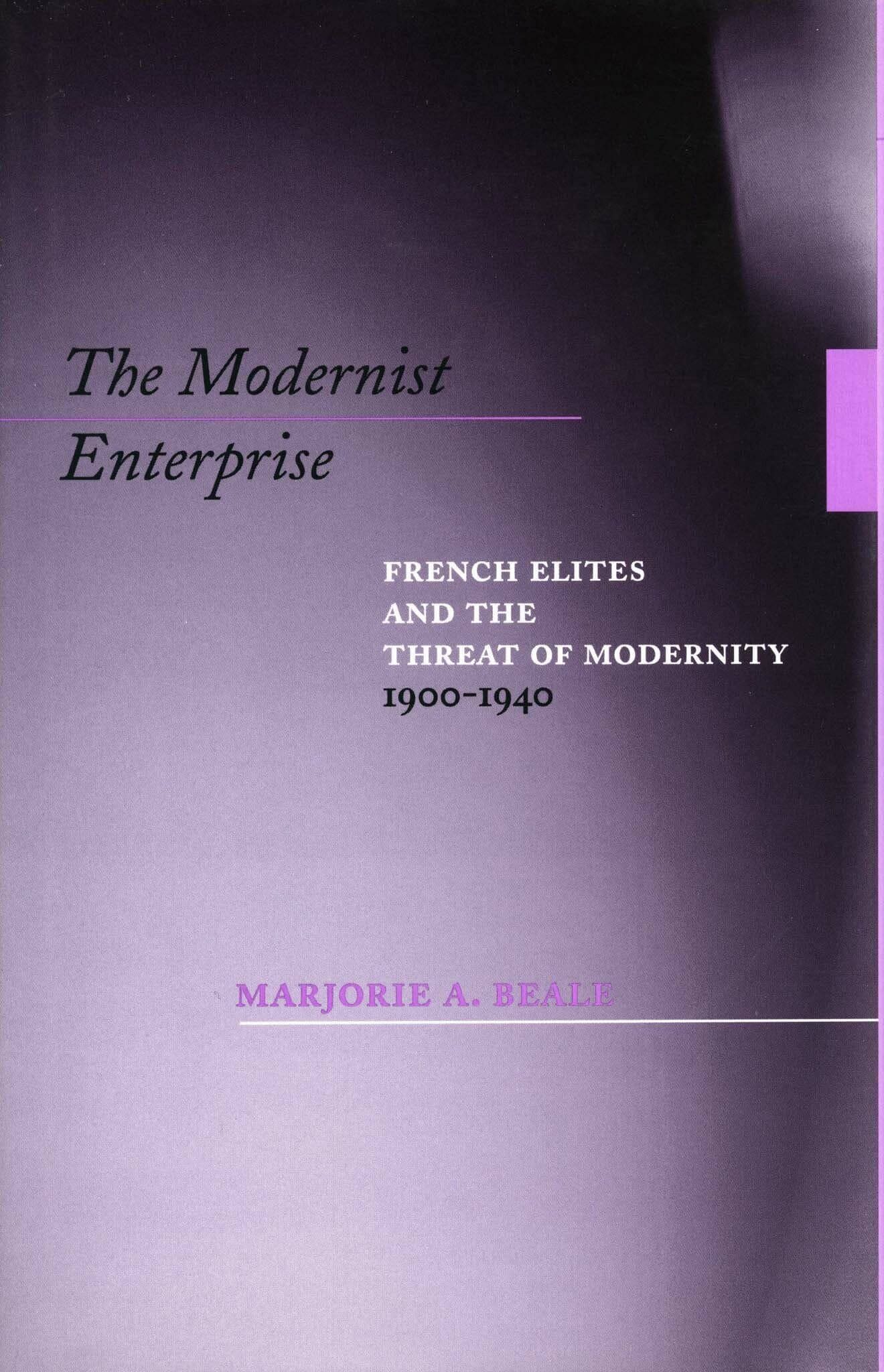The Impertinent Self

The Impertinent Self provides a philosophical and cultural theory of modernity by constructing a parallel between the philosophical self and the hero figure found in certain cinematic genres. Früchtl argues that modernity is not unified and should be conceived as a phenomenon consisting of three strata: the classical, the agonist, and the hybrid. He demonstrates this by following a dual trajectory: the shift in the concept of the self from German idealism to Romanticism and so-called postmodernism, and the evolution of the hero figure in the Western and in crime and science fiction movies. Früchtl takes a clear position within the ongoing discussion in the humanities and social sciences about modernity, a discussion that, in light of the work of Foucault, Lyotard, and Habermas, has too often neglected the importance of Romanticism. Similarly, he embraces the role of film and popular culture in modern society.
"In this interesting book, Früchtl argues that the impertinent self collapses the distinction between the private and public, feeling free to announce publicly matters that once were considered intensely private. He is referring to the self as presented in memoirs, so-called reality shows, and talk shows.... The Impertinent Self will be useful for those with interests in cultural studies, film, and/or philosophy.... Recommended."—J. M. Fritzman, Choice




